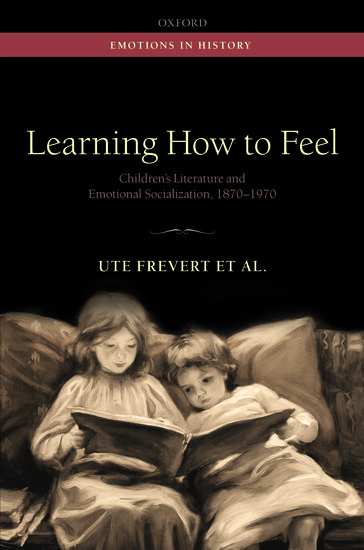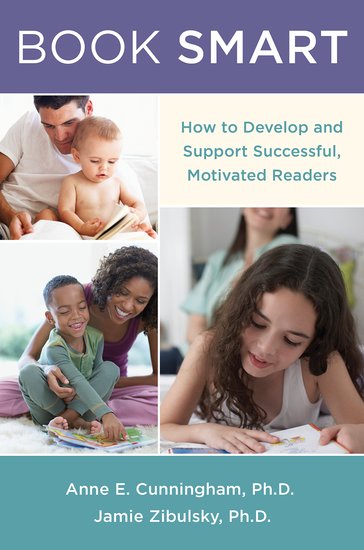True or False: facts and myths on American higher education
American higher education is at a crossroads. The cost of a college education has made people question the benefits of receiving one. We asked Goldie Blumenstyk, author of American Higher Education in Crisis? What Everyone Needs to Know to help us separate fact from fiction.










